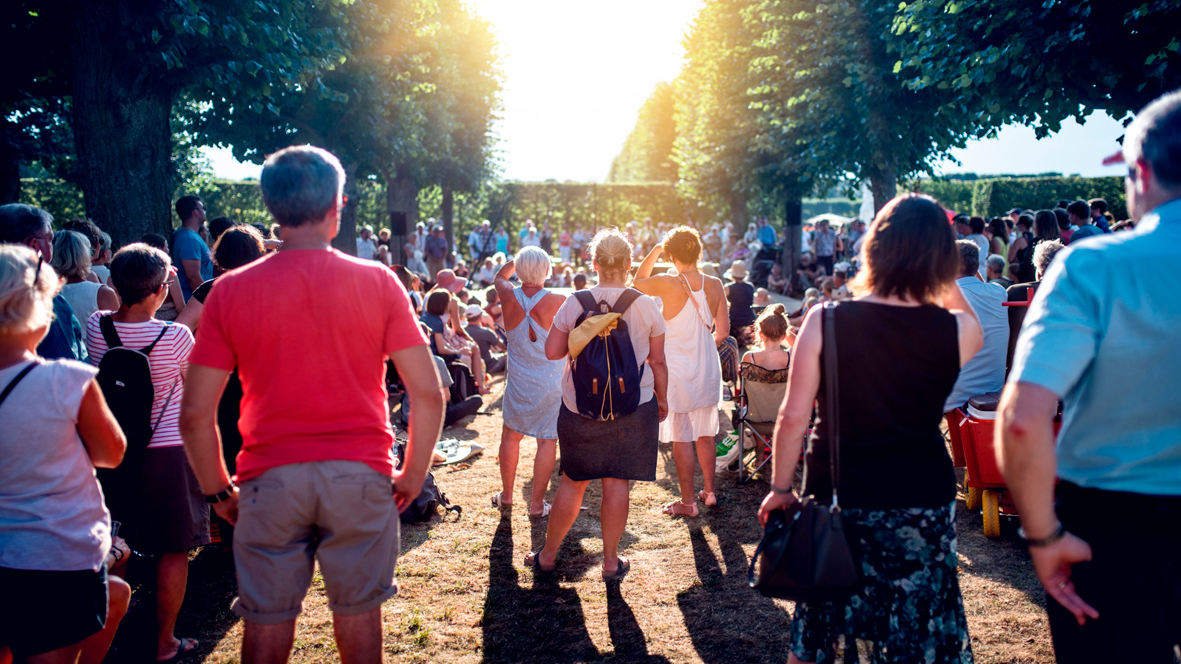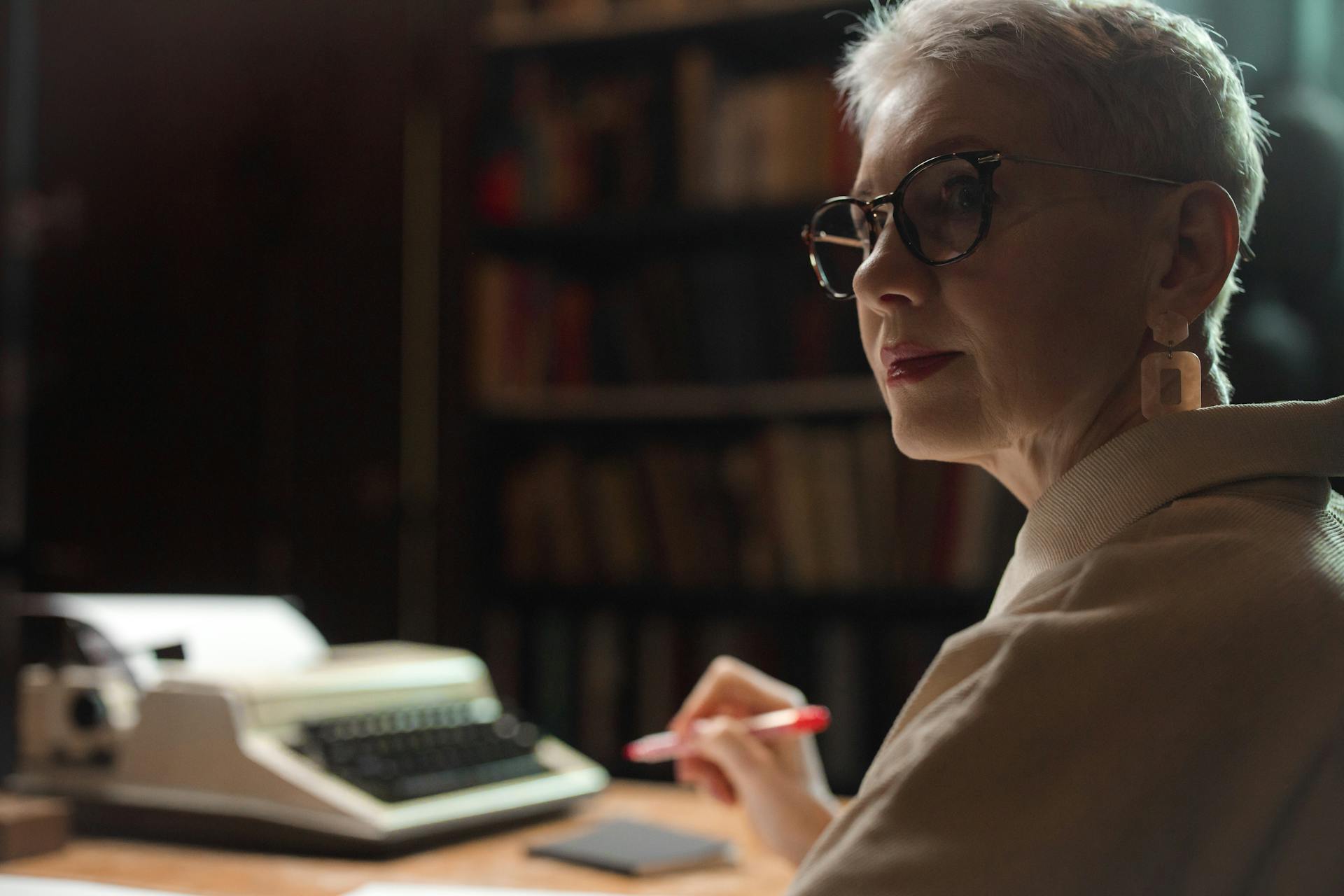The pandemic, the time we have not lived and nursing homes. A question of rights.

Sometimes, when I watch a series or a movie and the main characters hug or kiss each other, I wonder if they have had the relevant PCRs. I wonder if they are vaccinated, if they are a bubble group or if they really are just being foolish. When I'm about to shout at them to wash their hands, I realise that life wasn't like this before (although we have to wash our hands with and without pandemics). In 2022 we all try to carry on with our pre-2020 lives. We start going to yoga (even if the teacher is a bit of a denialist), we start celebrating birthdays again, and we look forward to holidays to travel and see other people. For some of us, however, life will not be the same, because the pandemic has not passed without leaving deep scars, whether in the spaces left by those who are no longer here, in the impacts on our physical and mental health, in all that we lived, but also in all that we stopped living.
There is talk, for example, of the "pandemic babies", those babies who have spent their first year (or first two) in the reality of their closest family nucleus, isolated from the rest of the world. Now, all of a sudden, they go out into the street and discover the wonders that life sometimes brings us, such as other people's dogs that immediately become our friends or the free smile of a stranger. Seeing the surprise of these children when they see a dog running, that genuine surprise, somehow hurts us for the time they have lost to experience the world. It has been two years of pain and fear, of isolation to varying degrees.
From this perspective we could also think of the pre-adolescents, who have begun their hormonal alteration within four walls and how difficult this stage must have been for them - although we speak little of their parents, poor souls -. Or of those who are a little older and have missed (postponed) their own first kisses. Even more painful is the memory of those who will not be able to make up for the time that the virus ate up because they are no longer here. The truth is that, regardless of our age, we have all been shaken by the pandemic and neither our lives nor our mental health is the same as before COVID-19, even if we have decided to run ahead and forget, as soon as possible, this communal experience that each person has experienced in a different way.
Sometimes we forget it, for a few moments, but there it is: it is the unlived time. We have delayed having our teeth cleaned, getting new glasses and important medical check-ups, with negative consequences. We have delayed the decision to have children and that means, for some people, not being able to have them now - two years in fertility, in a context in which we have children so late in life, is important. We have delayed meeting a potential partner. Travel. Re-meetings. We have delayed... life.
We seem to forget this on a day-to-day basis; perhaps to survive psychologically, but I am not forgetting everything that happened as I write this post. I do not forget the girl I will never get to meet, my best friend's sister, who was sick and so afraid of COVID that she postponed meeting us in person and who did not get to see the "end" of the pandemic. I do not forget those who did not say goodbye and could not be said goodbye. I do not forget that, for some people, getting out of this kind of fictitious shelter we have been in for two years is hard work. I am not forgetting that there are those who are still afraid, that there are also teenagers who wear masks in open spaces (the habit, the fear) and that we continue to avoid crowded places. I do not forget that these last two years have been full of loss, fear and pain (although life can always offer us joyful things, like those that surprised the pandemic babies).
One of the biggest pains, in my opinion, is what happened in the nursing homes. Almost one in three deaths registered as a result of COVID-19 in Spain over the last two years occurred in nursing homes. According to the World Health Organisation, these deaths, in Spain and in other European countries, are the result of a lack of budget and health personnel. In other words: something avoidable. On 11 May 2020, 146 countries of the United Nations issued a joint declaration (here) warning of the situations of negligence and discrimination towards the elderly during the pandemic, based on the purest ageism. The countries, it seems, called for "expanding our efforts and strengthening measures to protect older persons, in particular older women, from all forms of gender-based violence and abuse". But has the situation changed since then?
In Spain, 70% of elderly people who died in residential care facilities were not referred to hospital in order to avoid health care collapse, which, apart from other issues, follows a clear principle of age discrimination. I do not want to point an inquisitive finger at care homes or administrations here; not for lack of desire, but for lack of the tools that I believe are necessary to do so. I do not even want to delve into the data or the horror that we already know was experienced in nursering homes. What happened is with us as a society and indicates a way of looking at the world. My reflection is directed towards how (assumed) ageism sometimes allows us, as a society, to violate human rights that might seem basic but which we seem to forget, so they should not be so basic. What I am aiming at, with this post, is to remind us of the need to protect the rights of the elderly and of any person in a situation of fragility. I believe that what happened in the pandemic imposes a social debt to those who died in nursering homes, to their families, to those who survived, both residents and workers, and to society as a whole. We cannot allow such a thing to happen again. We cannot allow the human rights of some people to be violated without the rest of us crying foul, without the rest of us crying foul and preventing it. We cannot forget what happened and how.
Residential care facilities receive few sanctions and suffer from a general lack of information transparency. We do not even know how many people live in collective institutions (I wrote about this here), which I do not wish to demonise. The pandemic has at least put on the table the need to look at a reality that needs to change: the reality of care, the reality of those who live in care homes, the reality of those who care. This in no way implies demonising care homes, but we do need to stress the importance of good management, one that prioritises people's rights above all else, one that does not forget that human rights must be respected no matter what: age can never be an excuse for forgetting that people's well-being comes before any other issue. And of course, far above economic interests.
Perhaps the Next Generation funds - or Next Generation EU, a Recovery Fund that ensures a coordinated European response with Member States to deal with the economic and social consequences of the pandemic - will allow for the (economic) possibility of changing the long-term care system. The issue, however, goes deeper than economic necessity, and has to do with questions of how care is conceptualised and how older people themselves, especially dependent people, are conceptualised. Care homes need to be safe and secure spaces.
We have an obligation and a social commitment to protect those who are frail; we cannot allow them to be abandoned. What has happened in care homes and the violation of the rights of their residents cannot and must never be forgotten.


